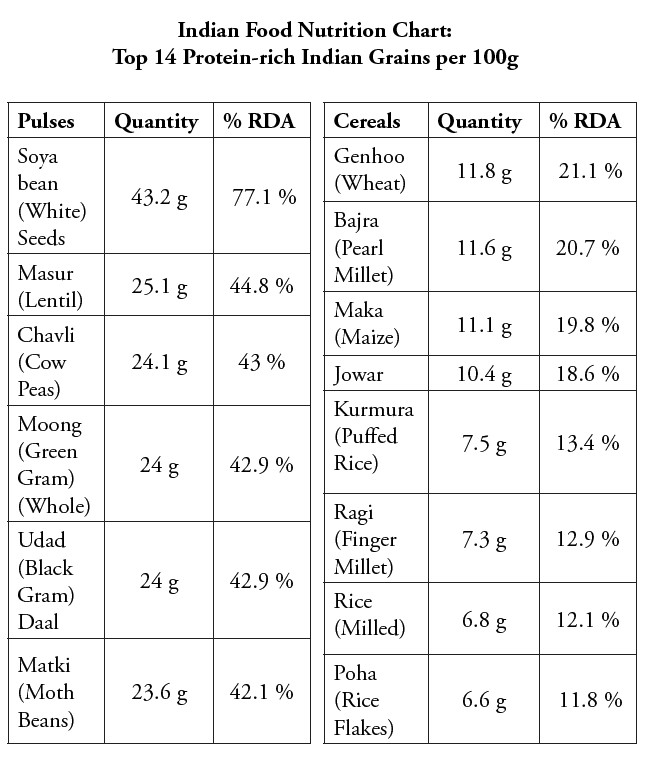Phytochemicals And Phytonutrients

Plants have many powerful nutrients and chemicals that can protect one from myriad illnesses
BY DR. ULHAS GANU
In the previous issue, we looked at what nutrients are, classified them into macro and micronutrients and even saw that water is considered as a nutrient for the huge contribution it makes to the physiological needs though it has no caloric value. We also saw that since our food contains a good amount of water, for an adult with a sedentary lifestyle, drinking 1.5l of water per day, apart from that consumed through food, is fairly adequate. We also understood that like hunger, which signals time for taking food, thirst signals need for water to conserve health. Though proteins, carbohydrates, and fats are essential as components of our staple diet, food is much more than these ingredients.
Free radicals cause oxidative stress, which has been connected to cancer. Importantly, apart from cancer, it has been linked to various diseases such as diabetes,diseases of the central nervous system like Alzheimer’s disease and other dementias; cardiovascular disease due to clogged arteries; autoimmune and inflammatory disorders such as rheumatoid arthritis, cataract and age-related vision decline, skin changes like loss of skin elasticity, wrinkles, greying hair, hair loss, and changes in hair texture. Also possible are genetic degenerative diseases, such as Huntington’s or Parkinson’s disease. Though it is not possible to totally avoid exposure to toxins and pollutants, it makes sense to minimize exposure to avoidable factors responsible for the generation of free radicals. Another preventive factor is consuming substances that will scavenge free radicals. That’s like using an umbrella to neutralize potentially damaging free radicals. That’s where vegetables provide the solution.

The word ‘photo’ originates from the Greek word phyton, meaning plant. There are thousands of compounds in plants called phytochemicals. Not all have nutritive value; some are designated as phytonutrients. The nutrient is a substance that provides nourishment essential for the maintenance of life and growth. Phytonutrients are natural chemicals produced by plants that keep plants healthy, protecting them from pests and the sun. Many of these are of immense value to us and have been classified into different groups, depending on their structure and mechanism of action. Major sources of phytonutrients are fruits, vegetables, whole grains, tea, nuts, beans, and spices. They are classified into several types or groups, namely, carotenoids, ellagic acid, resveratrol, flavonoids, phytoestrogens, and glucosinolates. Some of these are also available as supplements. More about their significance and use in the articles to follow.
Indian Food Nutrition Chart: Top 14 Protein-rich Indian Grains per 100g

Also read about
Eat Healthy, Live Healthy
The Umbrella That Protects
















